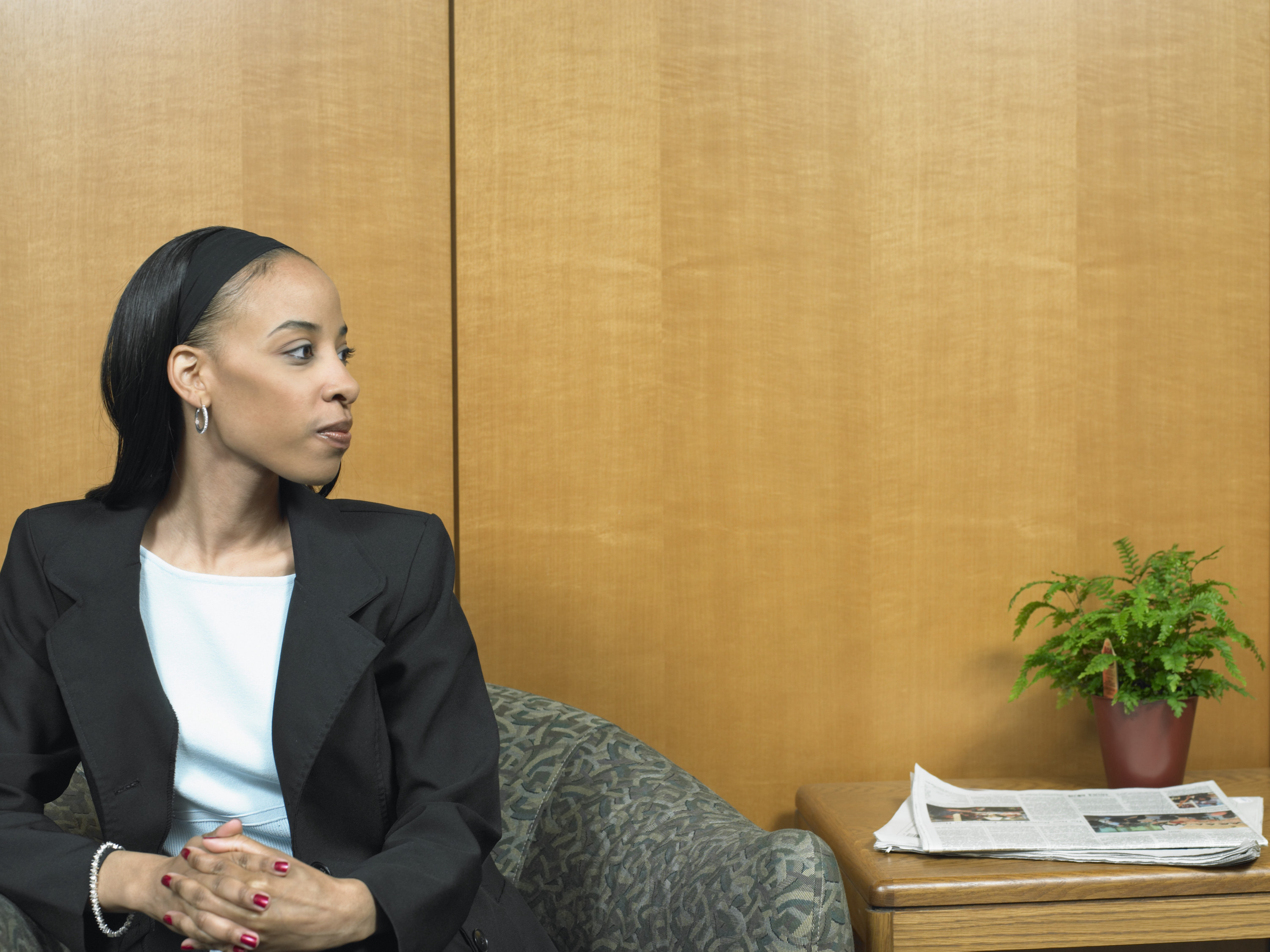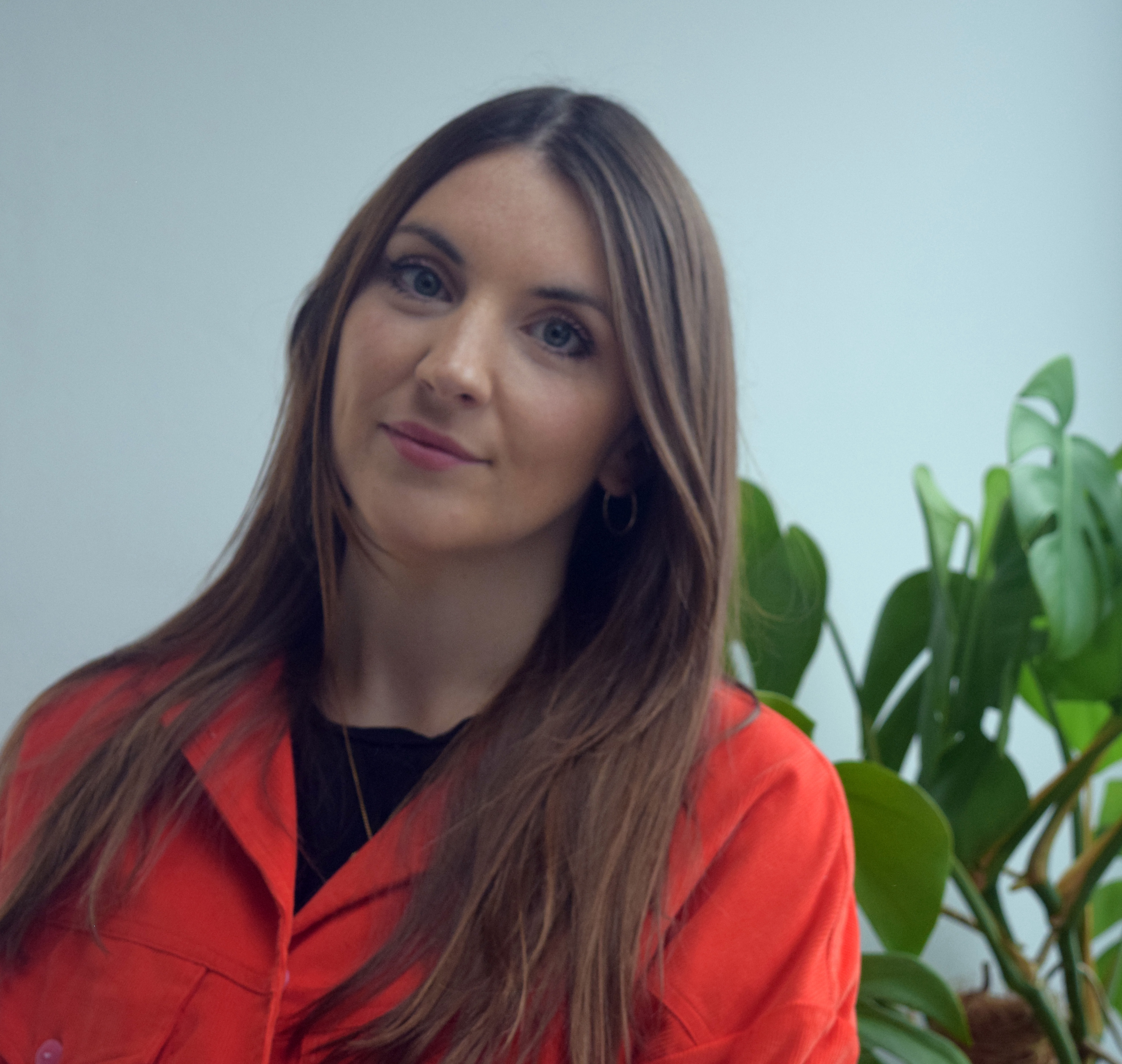4 important interview tips you won’t want to forget
These simple tips will ensure you smash it


Celebrity news, beauty, fashion advice, and fascinating features, delivered straight to your inbox!
You are now subscribed
Your newsletter sign-up was successful
These simple tips will ensure you smash it
When you’ve got a big interview coming up, you’ll naturally want to give it all you've got. But the amount of tips out there on how to prepare for your dream job can be overwhelming and only add to your nerves.
To keep you feeling calm and confident, we’ve spoken to two careers experts to narrow down the most important interview tips to keep in mind. Read on to discover their four simple tricks.

1. Have an opinion
Doing your homework is vital, and this doesn’t mean just having a quick browse of the company website.
“Study the company blog, dive into its LinkedIn page, look up their latest press, big hires and study their financial reports or company house files,” says Evelyn Cotter, CEO and Founder of SEVEN, London's market leader in career coaching. “You need to understand what their business challenges are and where the industry is going. Then drop these things into your conversation and show you're curious.”
Putting forward a unique point of view about the company or industry can help you stand out. “Having an opinion will show you have gone the extra mile,” says Kate Zatland, Founder of consultancy firm Forme. “The businesses we work with always call out for people who challenge the status quo — what will differentiate your point of view from others?”

2. Think like a politician
As you’re doing your interview prep, think carefully about the things you want to get across about yourself. “Start with the result you want to achieve,” says Evelyn. “What are the messages you want to get across to these potential employers about who you are, the value you can add and where you're going?”
Celebrity news, beauty, fashion advice, and fascinating features, delivered straight to your inbox!
Then, when it comes to the interview, find ways to make these points land no matter what. “Go in with your agenda clearly in mind,” says Evelyn. “Weave these messages throughout your answers, whatever they ask you — spin the answers to suit you.”

3. Be authentic
It can be annoying to hear, but the best way to approach an interview is to “be yourself”. Of course, sometimes this is easier said than done. Kate says flipping things round and thinking about who the interviewer is beneath the surface can help. “When you meet your interviewer or potential future boss, look for the person that they are,” she says. “Make sure you feel good, and can have natural rapport. This even applies to what you wear — express yourself the way you normally would in any other situation.”
An area to watch out for is the dreaded ‘strengths and weaknesses’ question. While you have may have been advised previously to answer with a positive trait in disguise — e.g. “my greatest weakness is my perfectionism” — this is not necessarily the best advice. “Don’t make your answer too contrived,” says Evelyn. “That’s outdated now and authenticity is much more valued. Everyone has weaknesses, so discussing them and framing them with tools, techniques or support you use to counteract them is the way to go.”

4. Stay objective
An interview shouldn’t be one-sided: remember that you are interviewing the company as much as they are interviewing you. “Always keep an objective stance,” says Evelyn. “Top talent have lots of options and they want to make the right choice. Poise yourself to ask questions about their expectations, how others on the team are performing and what development opportunities they will provide for you. You don't need to say you've got lots of options, but how you carry yourself will show that.”
Evelyn also shares a warning: “How companies treat you through the interview process will say a lot about how they will treat you as an employee. So watch out if they don't appear to value you or your time, and keep your options open.”
So there you have it: define your opinion and key messages, stay true to yourself and remember you need to be impressed too — your prospective employer would be lucky to have you. We're rooting for you. Good luck!
